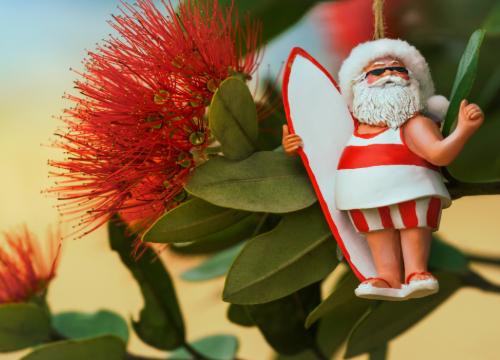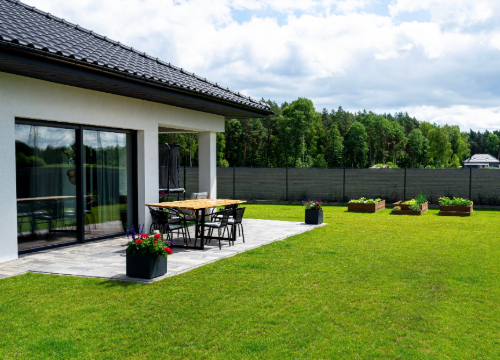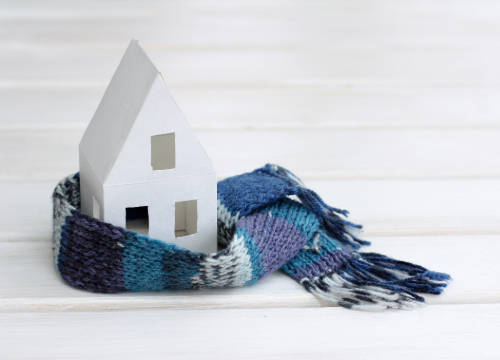How To Take Care Of Yourself So You Can Take Care Of Others
It takes emotional bandwidth to notice if someone around you is struggling, and even more to actively follow up.
Clinical psychologist Jacqui Maguire says just like when you board a flight and the attendant instructs you to ‘put your own oxygen mask on before helping others’, you can’t help anyone else if you don’t help yourself first.
“The more you can proactively self-care, the better you’ll feel and the more capacity you’ll have available for the people important to you,” she says.
Maguire suggests using the Māori health model of ‘Te whare tapa whā’ (‘the house of four walls’) to assess your level of self-care. This indigenous model of wellbeing is a holistic framework informed by the Maori worldview ‘Te Ao Māori’. It can be used as a practical tool to help people assess and foster their mental health and wellbeing.
This model has four key areas of wellbeing:
- Taha whānau: social and family wellbeing
- Taha hinengaro: emotional wellbeing
- Taha wairua: spiritual wellbeing
- Taha tinana: physical wellbeing
Take pen and paper and map out how you proactively support each of those four wellbeing domains, says Maguire.
For example, perhaps you participate in a weekly football match, which boosts your physical and social wellbeing. Alternatively, reading bedtime stories to your children and mindfully enjoying your morning coffee adds to your family and emotional wellbeing.
“Reflect on your strengths, and notice the areas that need improvement,” says Maguire.
“Small changes can have big impacts; like reducing your caffeine intake, re-establishing a hobby you love or taking a moment to pause and breathe.”
You may also like...
-
 December 2024Lifestyle Blog | State Insurance
December 2024Lifestyle Blog | State InsuranceSurviving the holidays
-
 September 2024Lifestyle Blog | State Insurance
September 2024Lifestyle Blog | State InsuranceSpring prep your home and garden.
-
 June 2024Lifestyle Blog | State Insurance
June 2024Lifestyle Blog | State InsurancePreparing your home for winter
